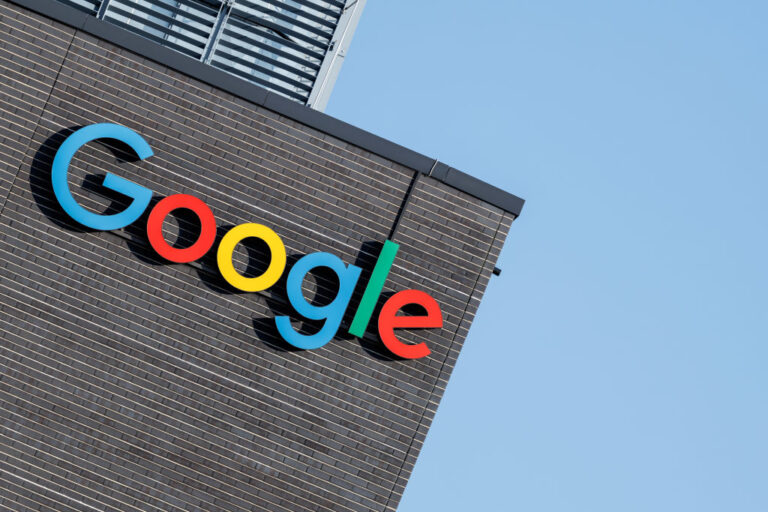Mark Zuckerberg’s Bold Quest to Revitalize Facebook’s Cool Factor
In a significant antitrust case, the Federal Trade Commission (FTC) has accused Meta of holding a monopoly over “personal social networking services.” The regulatory body has suggested that Meta should divest its popular platforms, Instagram and WhatsApp, to promote fair competition in the market.
Details of the Antitrust Case Against Meta
The ongoing legal battle has unveiled various internal communications and strategic plans within Meta. These documents reveal the extent of control that CEO Mark Zuckerberg has over the company’s social media empire.
Revealing Internal Communications
Among the highlighted messages is a controversial proposal from Zuckerberg himself. He reportedly contemplated the idea of disconnecting all Facebook users to reignite their engagement with the platform. Although this plan never materialized, it underscores the significant influence Zuckerberg wields over Facebook, Instagram, and WhatsApp.
Implications of the Case
The FTC’s allegations could have far-reaching consequences for Meta and its operations. A potential breakup of the company could:
- Enhance competition: By separating Instagram and WhatsApp, new players may emerge in the social networking space.
- Change user experience: Users might benefit from more diverse platforms catering to their needs.
- Impact Meta’s financial standing: Divestitures could lead to a decrease in revenue streams from these platforms.
What Lies Ahead for Meta?
The outcome of this antitrust case remains uncertain. However, it could reshape the landscape of personal social networking services significantly. For further updates on this case, visit the FTC’s official news page.
For more information on the potential implications of antitrust laws on big tech companies, check out our article on Antitrust Laws and Their Impact on Technology.







